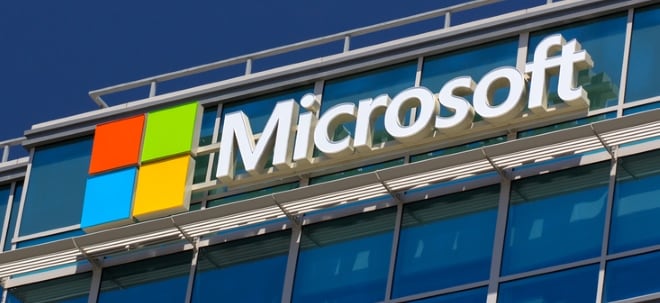Entscheidung wurde vertagt! :-(
http://www.galileoju.com/doc/...s%20Release%20Concession%20010305.pdf
GALILEO: a new stage in the concession procedure
The European Commission has noted the Galileo Joint Undertaking’s decision to start negotiations with the two remaining candidates on the concession agreement. This new stage in the selection procedure is in line with the established timetable. The Commission is very pleased with the quality of the proposals, which fully comply with the conditions set, especially in financial terms. Jacques Barrot, Commission Vice-President, said “The quality of the proposals shows, if there was still any need for it, the commercial viability of this great European space project”, adding that “Opening simultaneous talks on the concession agreement will also make it possible to improve the two candidates’ proposals, to the greater benefit of the Galileo project.”
Right from the start of Galileo the European Union decided to place the management of the deployment and operation phases in the hands of a private concession holder. The choice of concession holder is the sole responsibility of the Galileo Joint Undertaking, established by a Council Regulation on 21 May 2002. The Joint Undertaking has full legal personality and acts independently.
The procedure for selecting the Galileo concession holder began on 17 October 2003 with the publication of a concession notice in the Official Journal of the European Union. The two remaining candidates are, respectively, the consortia "Eurely", consisting of Alcatel, Finmecanica, Hispasat and Aena, and "Inavsat", made up of, in particular, EADS, Thales and Inmarsat.
After studying the two proposals in detail, the Galileo Joint Undertaking came to the conclusion that there was very little difference between them. At this stage it was impossible to decide between the two, so now negotiations on the concession agreement have to be opened with the two consortia simultaneously. The talks to be held in parallel with the two candidates will take up to three months at the outside and will concentrate on the most crucial aspects of the future agreement. In the light of the result of these negotiations it will then be possible to choose the better candidate. Not only will there be no delay in the selection procedure, but holding the negotiations with the two candidates simultaneously will mean that the competition between them will allow faster progress in the talks than if they were held with one consortium on its own.
Background
Galileo is the European satellite radionavigation programme. It was launched on the initiative of the European Commission and developed jointly with the European Space Agency (ESA). It is useful to recall that the cost of the deployment phase of Galileo (2006-2007) is estimated at 2.1 billion euros, 1.4 billion from the private sector and 700 million from the EU budget. The operation phase is set to begin in 2008. The agreement with the concession holder has to be signed before the end of the year by the supervisory authority which is about to be set up.
Galileo heralds a technological revolution comparable with that brought about by the mobile telephone. It will also lead to the development of a new generation of universal services in areas such as transport, telecommunications, agriculture and fisheries. Unlike the two existing systems, the US's GPS and Russia's GLONASS, which are military systems, the Galileo programme will be managed and supervised by civilians. It will offer the guarantee of quality and continuity of service that is essential to many sensitive applications. Thanks to Galileo, navigation and positioning services will become more reliable and accessible throughout the world
|


 Thread abonnieren
Thread abonnieren

